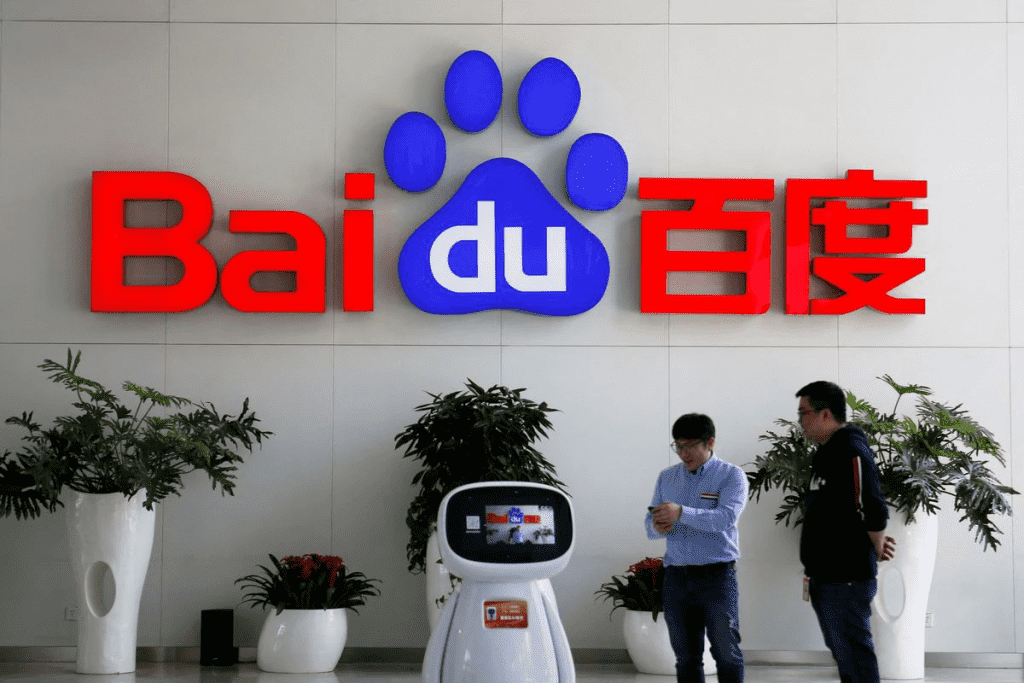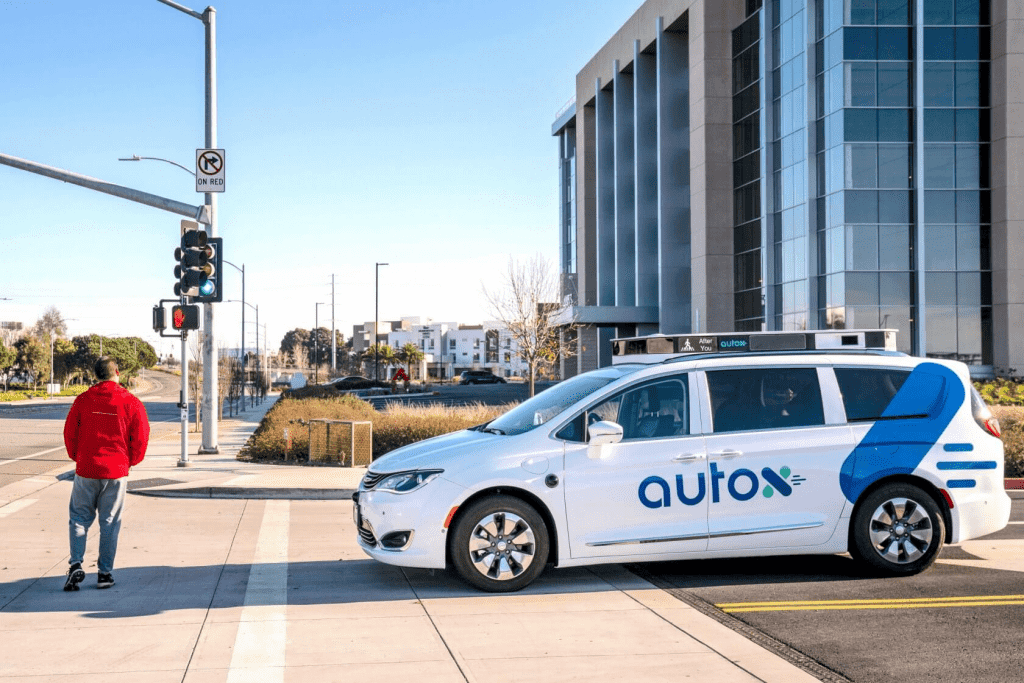Baidu Inc, China’s largest tech giant, announced on Monday that it has secured authorization to operate fully autonomous robotaxi services on open roads in two Chinese cities.
The permits, granted by the southwestern municipality of Chongqing and the central city of Wuhan, allow commercial robotaxis to provide public rides without the presence of human safety drivers. They take effect on Monday.
Baidu also declared that Jidu Auto, its “robot” vehicle unitarm, is creating technology that would outperform Tesla’s self-driving capabilities.
“Our understanding of smart vehicles is that being electric is the semi-final while being intelligent is the final, ” said Baidu CEO Robin Li.

According to Baidu, they signify a watershed moment in China’s stance toward autonomous driving.
“These permits have deep significance for the industry,” Wei Dong, chief safety operation officer of Baidu’s Intelligent Driving Group said. “If we think of the exploration of space, this moment is equal to landing on the moon.”
Baidu will initially deploy a batch of five fee-charging robotaxis in each city, allowing them to operate in designated locations from 9 a.m. to 5 p.m. in Wuhan and 9:30 a.m. to 4:30 p.m. in Chongqing, according to a statement.

The service areas cover 30 square kilometres (11.58 square miles) in Chongqing’s Yongchuan District and 13 square kilometres (11.58 square miles) in the Wuhan Economic and Technological Development Zone.
In April, Baidu’s Apollo and Toyota Motor Corp’s Pony.ai announced that they had secured licences to deploy robotaxis in Beijing. However, Beijing permits still need a safety driver to sit in the passenger seat. These services have already begun.

According to Wei, Baidu is also in talks with local governments in Beijing, Shanghai, and Shenzhen to gain permission to test fully-driverless and unpaid robotaxis in those cities within a year.
Over 1 million rides have been taken by Apollo Go, Baidu’s robotaxi service, since it launched in ten Chinese cities in 2020. However, t he company hasn’t mentioned any problems with the service and it hasn’t said how much money it’s invested in the project.


